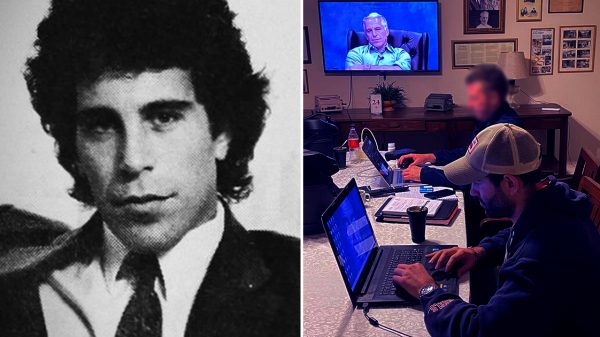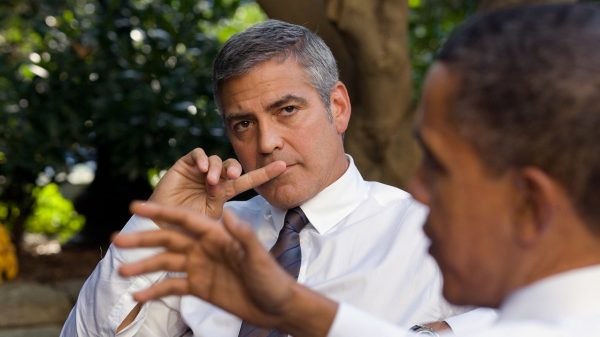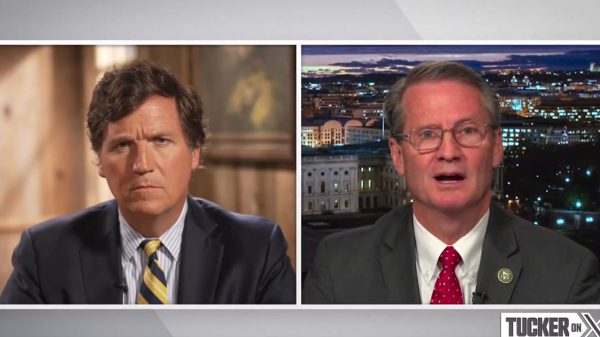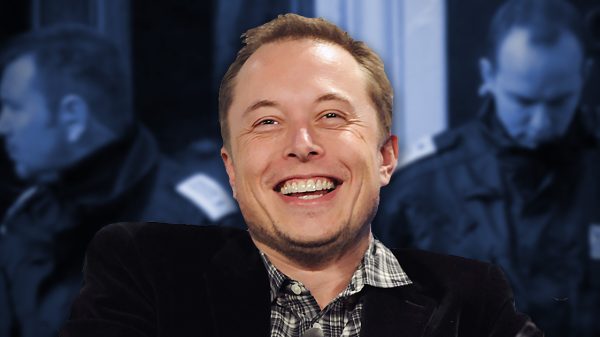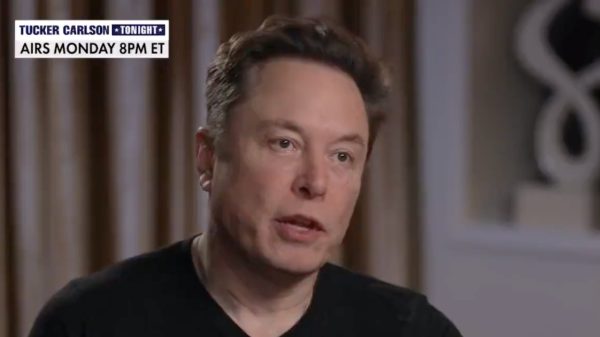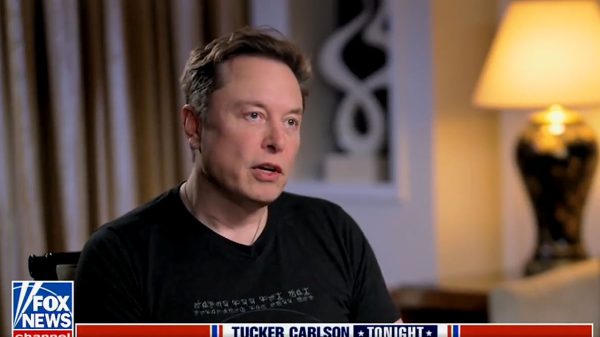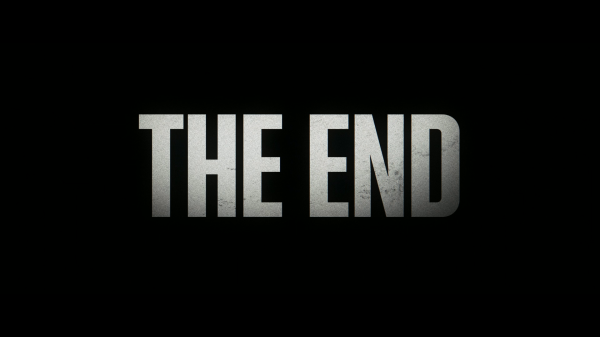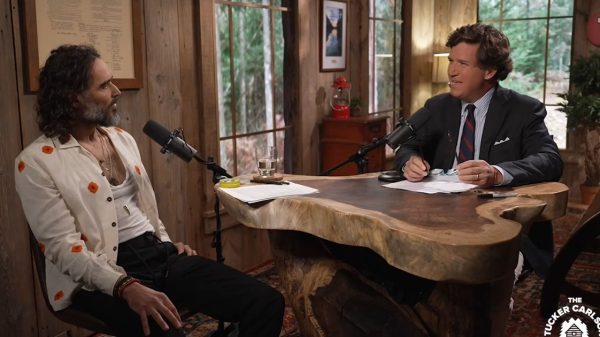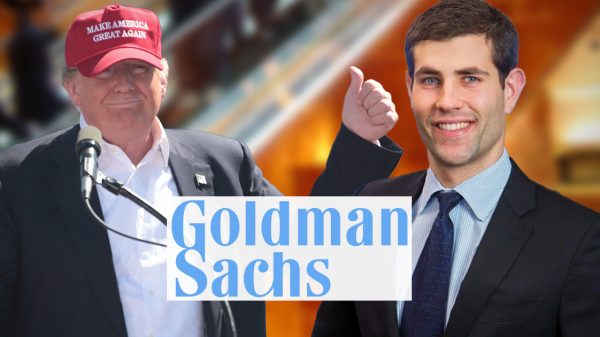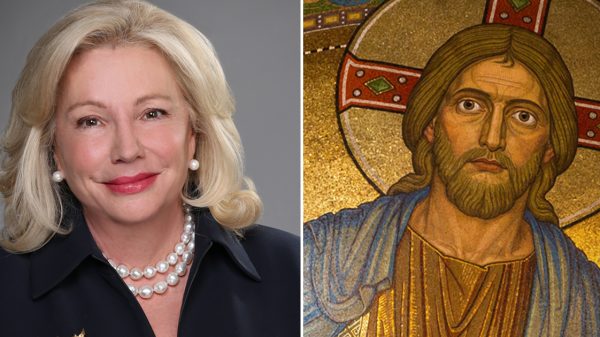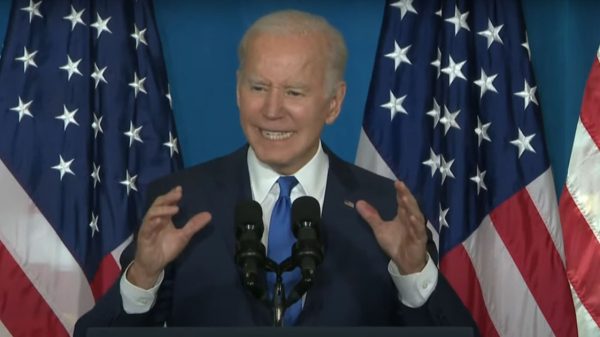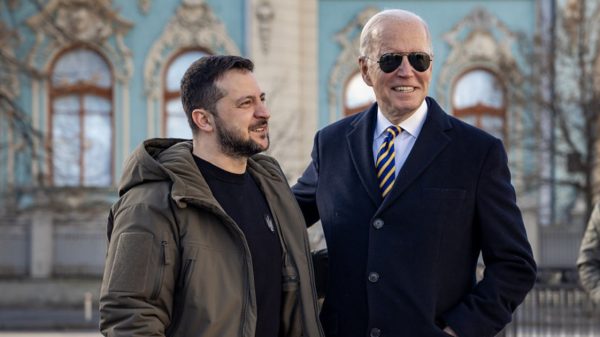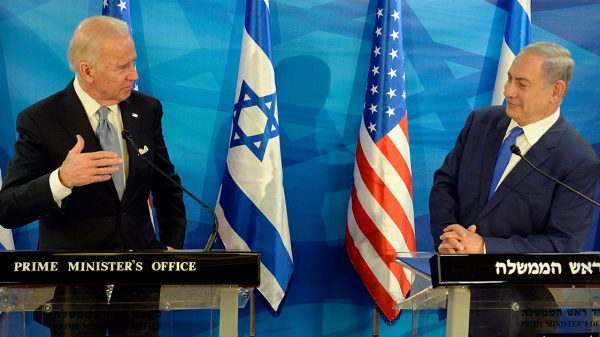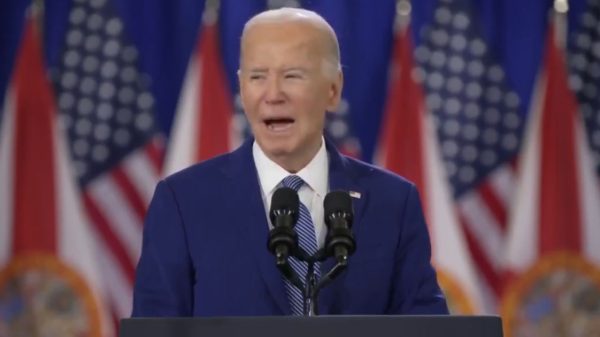Elon Musk, the owner of X, formerly known as Twitter, has announced plans to take legal action against a proposed hate speech bill in Ireland. Musk has criticized the legislation, describing it as a “massive” attack on freedom of speech.
The proposed legislation aims to update the laws on hate speech in Ireland by strengthening the legal recognition of hatred in the criminal justice system. However, Musk and other critics argue that the bill could be used to limit free expression.
In response to an X user who noted that Hungarian-American financier George Soros is involved in the effort, Musk wrote, “X will be filing legal action to stop this. Can’t wait for discovery to start!”
Exactly.
X will be filing legal action to stop this. Can’t wait for discovery to start! https://t.co/ROxXEuO8it
— Elon Musk (@elonmusk) August 23, 2023
Musk’s decision to challenge the bill aligns with his previous commitments to uphold free speech on X. Since acquiring the social media platform, Musk has been vocal about his dedication to preserving the principle of free speech. This latest move is seen as a continuation of his pledge to protect open discourse online.
The X CEO’s resistance to the Irish bill has drawn both support and criticism. Supporters praise Musk for standing up for free speech and challenging what they perceive as overreach by the Irish government. Critics, on the other hand, contend that Musk’s actions could undermine efforts to combat hate speech and protect marginalized communities.
This isn’t the first time Musk has found himself at odds with governmental regulations. His innovative approach to business and technology has often put him in conflict with established norms and laws. However, his willingness to challenge the status quo has also been a key factor in his success.
As the legal battle unfolds, the world will be watching closely. The outcome could have far-reaching implications for the balance between freedom of speech and the need to combat hate speech.
Regardless of the outcome, Musk’s decision to challenge the Irish hate speech bill underscores his commitment to defending free speech. It also highlights the ongoing debate over the role of social media platforms in moderating content and the tension between protecting free expression and preventing harm.




